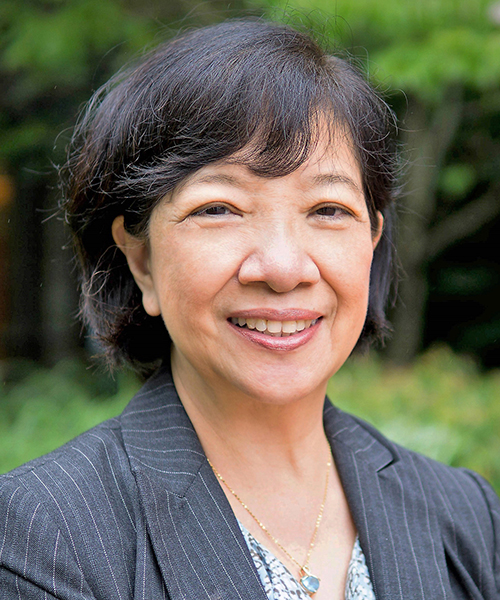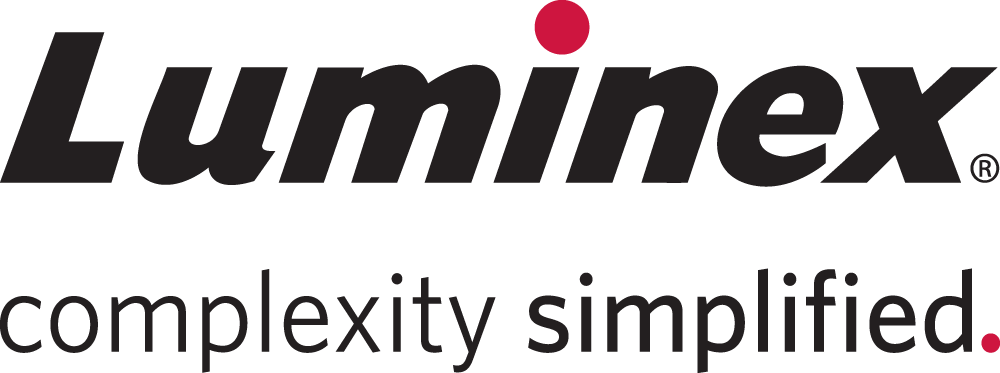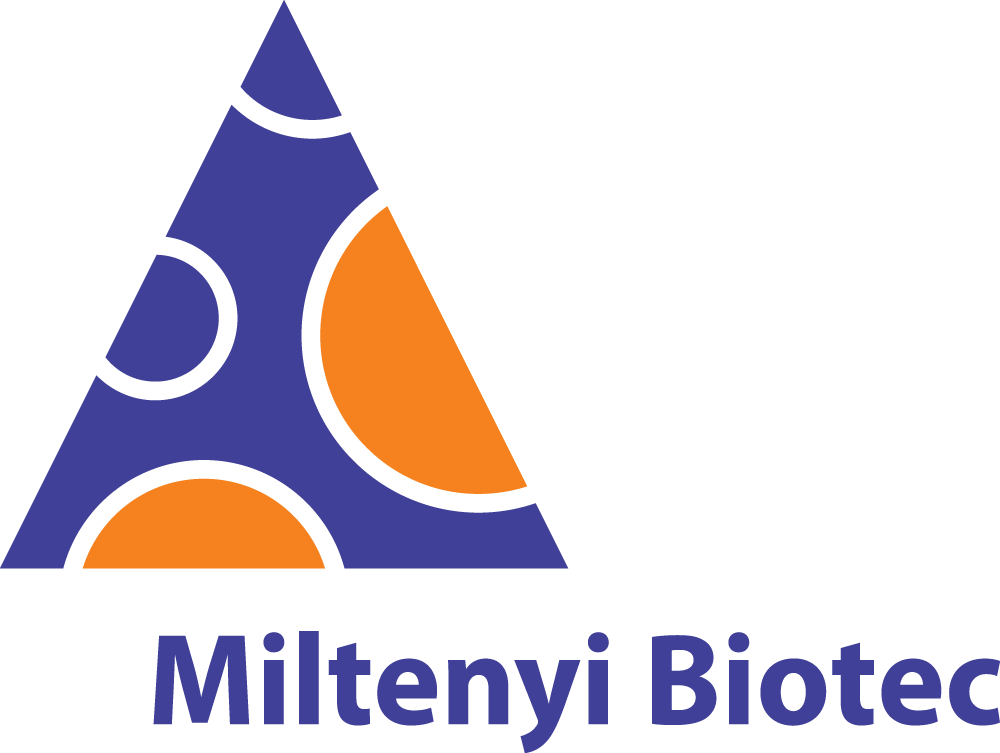All listings subject to change.
Monday, May 10, 2021 9:30 AM – 10:30 AM ET
Monday, May 10, 2021 10:30 AM – 1:00 PM ET
2021 AAI President’s Address
Generously supported by Miltenyi Biotec

Jenny P.-Y. Ting
Univ. of North Carolina at Chapel Hill, AAI President (2020–2021)
The all-encompassing importance of innate immunity
Presentation of AAI Lifetime Achievement Award to Marc K. Jenkins
Jeffrey A. Frelinger, Univ. of Arizona and Univ. of North Carolina at Chapel Hill
Introduction
Monday, May 10, 2021 10:30 AM – 1:00 PM ET
2020 AAI President’s Address
Generously supported by Miltenyi Biotec

Jeremy M. Boss
Emory Univ. Sch. of Med., AAI President (2019–2020)
The regulation of immunity
Peter E. Jensen, Univ. of Utah
Introduction
Monday, May 10, 2021 10:30 AM – 1:00 PM ET
AAI Lifetime Achievement Award Presentation
Chairs:
- Jeremy M. Boss, Emory Univ. Sch. of Med., AAI President (2019–2020)
- Jenny P.-Y. Ting, Univ. of North Carolina at Chapel Hill, AAI President (2020–2021)
Presented prior to Dr. Ting's President’s Address
Award Recipient:

Marc K. Jenkins
Univ. of Minnesota
Recognizes a member for a career of extraordinary scientific achievement and exceptional leadership and service to AAI
Monday, May 10, 2021 1:00 PM – 4:30 PM ET
Major Symposium A
Modern World Influences on the Microbiome and their Consequences for Immune-mediated Diseases
Generously supported by Bio-Rad Laboratories
Chairs:
- Cathryn R. Nagler, Univ. of Chicago
- Barbara Rehermann, NIDDK, NIH
Speakers:
- Barbara Rehermann, NIDDK, NIH, Natural vs. laboratory world: wild mouse microbiota improve host fitness and preclinical models
- Noah W. Palm, Yale Univ. Sch. of Med., Illuminating the ‘dark matter’ of the bioactive microbiota metabolome
- June L. Round, Univ. of Utah Sch. of Med., Microbe-immune interactions prevent obesity
- Cathryn R. Nagler, Univ. of Chicago, Intestinal bacteria regulate allergic responses to food
- Neil K. Surana, Duke Univ., Microbiome engineering to treat inflammatory diseases
Monday, May 10, 2021 1:00 PM – 4:30 PM ET
Major Symposium B
Host Immunity to Intracellular Pathogens
Generously supported by Adaptive Biotechnologies
Chairs:
- Phillip Scott, Univ. of Pennsylvania Sch. of Vet. Med.
- Shabaana A. Khader, Washington Univ. Sch. of Med
Speakers:
- Phillip Scott, Univ. of Pennsylvania Sch. of Vet. Med., Pathways promoting pathology: how CD8+ T cell cytolysis influences disease outcome in cutaneous leishmaniasis
- Shabaana A. Khader, Washington Univ. Sch. of Med., Role of innate lymphoid cells in tuberculosis
- John T. Harty, Univ. of Iowa, T cell immunity in tissues
- Manuela Raffatellu, Univ. of California, San Diego, Mucosal immunity to Salmonella
- Melissa B. Lodoen, Univ. of California, Irvine, Innate immunity and pathogenesis in the vasculature during Toxoplasma gondii infection
- Maziar Divangahi, McGill Univ., Canada, Hematopoietic stem cells: the target for vaccine or pathogen
Monday, May 10, 2021 1:00 PM – 3:00 PM ET
American Society for Reproductive Immunology (ASRI) Symposium
Maternal Inflammation and Programming of Fetal Neuroimmune Function
Chairs:
- Gil Mor, Wayne State Univ.
- Irina Burd, Johns Hopkins Med.
Speakers:
- Jennifer B. Gilner, Duke Univ., Mechanisms of maternal tolerance disruption in preterm birth
- Gil Mor, Wayne State Univ., Effect of viral infection on fetal development
- Irina Burd, Johns Hopkins Med., Immunoperinatology: placental determinants of neonatal health and disease
- Ana C. Zenclussen, Helmholtz-Zentrum für Umweltforschung, Germany, Feto-maternal immune communication during pregnancy
Monday, May 10, 2021 1:00 PM – 3:00 PM ET
Block Symposia
Immunomodulators; Checkpoint Inhibitors, Cytokines, Adjuvants, and Agonists
Generously supported by Quanterix
Regulation of T Cells, B Cells, and Antibodies in Autoimmunity
Generously supported by Sony Biotechnology
Mobilizing Immune Responses
Generously supported by Miltenyi Biotec
Technological Innovation II (Interesting Tech Development)
Generously supported by BD Biosciences
B Cell and T Cell Helper Responses during Viral Infections
Monday, May 10, 2021 2:00 PM – 4:00 PM ET
Careers Roundtables
Sponsored by the AAI Minority Affairs Committee
Generously supported by STEMCELL Technologies, Inc.
Chairs:
- Tonya J. Webb, Univ. of Maryland Sch. of Med.; AAI Minority Affairs Committee Chair
- Mireia Guerau-de-Arellano, The Ohio State Univ.
Networking skills have never been more crucial to ensure success for early/mid-career scientists, including those traditionally under-represented in biomedical research. At the session, take advantage of the opportunity to meet in small-group format with accomplished, senior immunologists and others to hear how they have handled the career challenges you now face and learn what they believe will work for you today. Then, practice networking in a relaxed environment offering a structured networking exercise and personalized feedback on communicating your scientific interests/objectives most effectively. Scientists and trainees of all backgrounds are encouraged to attend!
Discussion Topics and Table Leaders
Grad student: finding a mentor, setting sights on postdoc training
- Claudia V. Jakubzick, Dartmouth Geisel Sch. of Med.; Jose R. Conejo-Garcia, Moffitt Cancer Ctr.
- Luis A. Sanchez-Perez, Tune Therapeutics; Robert J. Binder, Univ. of Pittsburgh
Postdoc: finding a mentor, setting sights on a faculty position
- Mireia Guerau-de-Arellano, The Ohio State Univ.; De’Broski R. Herbert, Univ. of Pennsylvania Sch. of Vet. Med.
- C. Henrique Serezani, Vanderbilt Univ. Med. Ctr.; Prosper N. Boyaka, The Ohio State Univ.
Junior Faculty: preparing for promotion and tenure
- Harlan P. Jones, Univ. of North Texas Hlth. Sci. Ctr.; Elina Zúñiga, Univ. of California, San Diego
- Luis J. Montaner, Wistar Inst.; Adriana T. Larregina, Univ. of Pittsburgh
Academia or Industry: how to decide (or switch sides)
- Amina Abdul Qayum, Siolta Therapeutics; Jonathan P. Deane, Kumquat Biosciences
- Cherié L. Butts, Biogen; Louis E. Gonzalez, Shattuck Labs
- Frann Antignano, STEMCELL Technologies; Robert Balderas, BD Biosciences
Government Agency Careers
- Jennifer Martinez, NIEHS, NIH; Marta Catalfamo, Georgetown Univ. (formerly, NIH)
Non-Bench Research Science Careers
- Entrepreneurship and Grants implementation/compliance—Tonya J. Webb, Univ. of Maryland; WebbCures, IMMUNE 3D and Screen Therapeutics; Julio Aliberti, NIAID, NIH
- Nonprofits/Foundations—Aliyah M. Weinstein, Addgene; Derek Haseltine, Hertz Fdn.
- Science policy and Scientific publishing—Lauren G. Gross, Director of Public Policy and Government Affairs, AAI; Nicole Beauchamp, Science Associate, AAI
Monday, May 10, 2021 4:00 PM – 6:00 PM ET
Back to School: A Review of Four Fast-Moving Fields
Sponsored by the AAI Program Committee
Chairs:
- David Masopust, Univ. of Minnesota, AAI Program Committee Chair
- Kimberly S. Schluns, Kite Pharma
Speakers:
- S. Alice Long, Benaroya Res. Inst., High-dimensional mass cytometry based immune profiling for basic research and trials
- Daniel H. Kaplan, Univ. of Pittsburgh, Neuroimmunology: Neuronal control of local inflammation
- Beth A. McCormick, Univ. of Massachusetts Med. Sch., Best practices in analytical methods for studying the microbiome
- Michael Y. Gerner, Univ. of Washington, Quantitative imaging of the immune system
This workshop will bring a broad audience up-to-date on select emerging or rapidly changing fields or areas of technological innovation. Expert lecturers will provide an overview of each trending topic with an emphasis on communicating big picture concepts.
Monday, May 10, 2021 4:00 PM – 6:00 PM ET
Block Symposia
Molecular Mechanisms of T Cell Signaling
Generously supported by BioLegend
Cytokine and Chemokine Activity during Cancer and Chronic Inflammation
Generously supported by Sony Biotechnology
Regulating Mast Cells, Basophils, and ILCs
Generously supported by Thermo Fisher Scientific
Vaccines and Immunotherapy against SARS-CoV-2
Generously supported by Ionpath
Transplantation Immunology
Monday, May 10, 2021 6:30 PM – 8:00 PM ET
Poster Sessions
Inflammation and Motility
Cancer and Inflammation
Innate Immune Sensing and Signaling
Pathologies and Interventions
Molecular Regulation of Cytotoxic Lymphocyte Responses
Immunology of Infection 1
Mucosal Immunity
Innovations in Therapy for Organ-Specific Autoimmunity
Veterinary and Comparative Immunology
Innate Immunity to Viruses
Monday, May 10, 2021 8:00 PM – 9:00 PM ET
DJ Dan: Dance, Dance, Dance Party!

DJ Dan led our dance party at IMMUNOLOGY2017™, and he's back to do it again! He'll play some favorites as you dance at home.
Post a photo or short video of your best dance floor moves using the hashtag #AAI2021.







